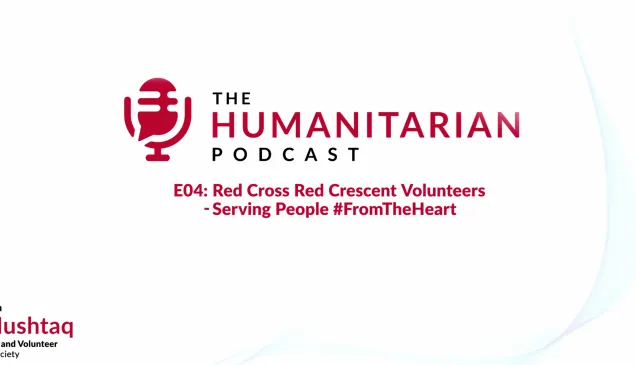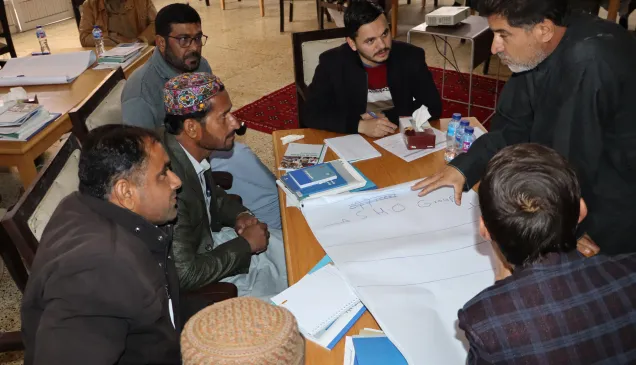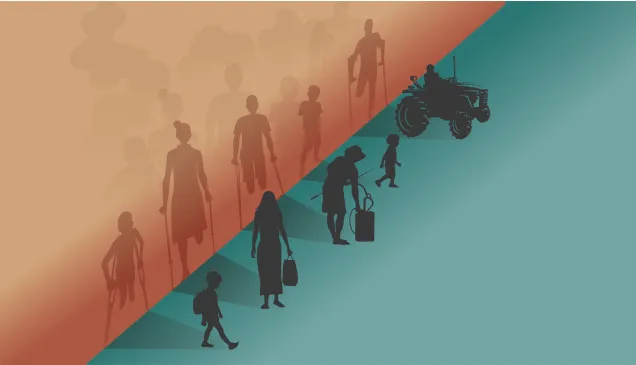In conversation with Kamal Siddiqui

Kamal Siddiqui is the Director of Centre for Excellence in Journalism at IBA (CEJ-IBA) in Karachi. He has over 26 years of experience in journalism. Formerly, he was the editor of The Express Tribune. The ICRC is working in partnership with CEJ-IBA to increase the volume and standards of humanitarian reporting in Pakistan. The two institutes jointly organize training workshops and also give away excellence in reporting awards for journalists. For our newsletter, we had a quick chat with Mr Siddiqui to know his thoughts on some of the issues.
What are the existing gaps in how the media in Pakistan covers humanitarian crises?
I believe there is little or no thought put in by the media on how to cover crisis situations in Pakistan. The media reports on instinct and those who report on such situations have no idea of the sensitivities involved. That is why we end up with such poor reporting at times. Figures are distorted, lines are crossed and ethics are thrown out of the window.
In your opinion, how does CEJ's recent collaboration with the ICRC help address these gaps and improve the standard of humanitarian reporting?
The first challenge is to create awareness since this is a long-neglected area. Then, of course, we educate those in the field on how to report accurately and effectively. The ICRC helps us by providing its expertise. We offer our own training in terms of writing and reporting stories, talking about safety and ethics and discussing best practices.
How important is it for the media in Pakistan to prioritize various humanitarian issues faced by the country?
It is very important as humanitarian issues continue to pose challenges every year. I think it should be a separate beat and there should be a group of reporters from different mediums reporting exclusively on this. We must work to encourage and train such journalists to enable better standards of reporting in this area.
As an elite media training institute, how do you see CEJ's role in producing and inspiring good journalism?
CEJ has trained over 600 journalists over the past four years. We have earned a good reputation and we continue to strive for excellence. We have now launched a Masters in Journalism programme (MSJ) and are very excited about the students who have been selected. We are working on long-terms goals: to work both with those in the field and upgrade their skills and at the same time train new batches of journalists through our programme.
As a seasoned journalist, what would you recommend to humanitarian organizations on how best to work with the media in Pakistan?
Humanitarian organizations need to be proactive. They should engage with the media. They should be a part of training initiatives at CEJ and at other places. Their cooperation and support will go a long way in producing better stories.



